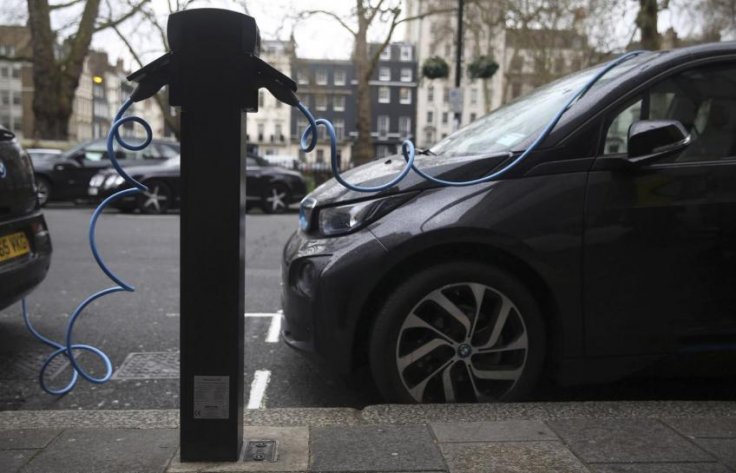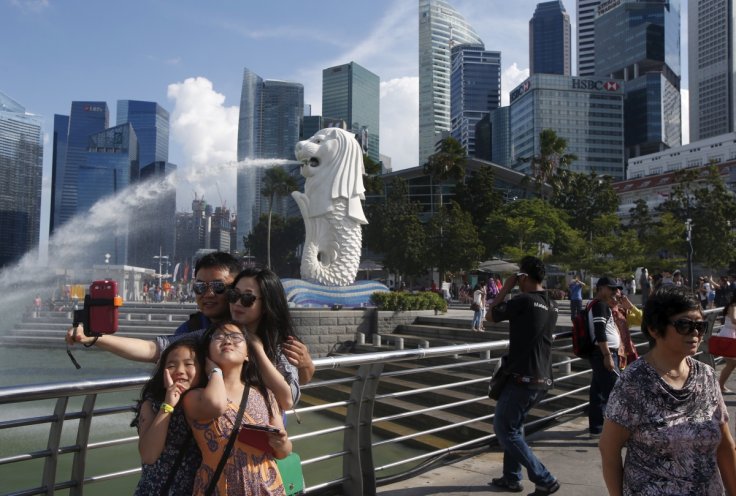
British technology company Dyson, which announced last year the plan to build an electric car plant in Singapore, has abandoned the e-vehicle project.
Reports said the move will affect as many as 20 jobs in Singapore. The automotive division of Dyson, which is better known for hairdryers and vacuum cleaners, employs 523 people in total.
Dyson said, however, that it is working closely with the employees to find alternative roles within the company "as we have sufficient vacancies to absorb most of them into our Home business." "For those who cannot, or do not wish to, find alternative roles, we will support them fairly and with the respect they deserve," the company said.
"Though we have tried very hard throughout the development process, we simply can no longer see a way to make it commercially viable ... We have been through a serious process to find a buyer for the project which has, unfortunately, been unsuccessful so far," Dyson said in an e-mail to employees.
Why is Dyson folding up the project?
The surprise announcement came months after Dyson said its e-car would be more energy efficient than those made by rivals. The company had also announced a timeline under which the electric car would hit the road as early as 2021.
However, it appears that Dyson has realised that it isn't easy to take on giants in the e-car arena like Volkswagen and Tesla. Volkswagen, the world's largest automaker, has said it would make 22 million electric cars over the next 10 years. Al other major carmakers in the world are going ahead with their own electric car projects.
Besides, the last few years have seen a large number of start-ups entering the fray. According to Bloomberg New Energy Finance, electric vehicle start-ups have raised $18 billion since 2011 and have announced 43 models.
Why Singapore?
When Dyson announced a plan to build a plant in Singapore, it was received with scepticism as the island state is a very expensive market as space for manufacturing is at a premium. But Dyson said cost was not a consideration.
According to BBC, Dyson said at the time that choosing Singapore was based on the availability of engineering talent, regional supply chains and proximity to some key target markets.
Following up with the plans, Dyson said in January 2019 that it was moving its headquarters to Singapore. "We have seen an acceleration of opportunities to grow the company from a revenue perspective in Asia. We have always had a revenue stream there and will be putting up our best efforts as well as keeping an eye on investments, Chief executive Jim Rowan said at that time.

How Singapore reacts
As Dyson rolls up its ambitious plan to build an electric car plant in Singapore and launch into the vast Asian market, Singapore has said the move will not cause much disruption.
"As Dyson's decision not to pursue the electric vehicle business was taken at an early stage, the disruption to its operations and workforce in Singapore will be minimal," said Tan Kong Hwee, the assistant managing director of Singapore's Economic Development Board, according to BBC.
(The news story has been updated to include comments from Dyson.)








